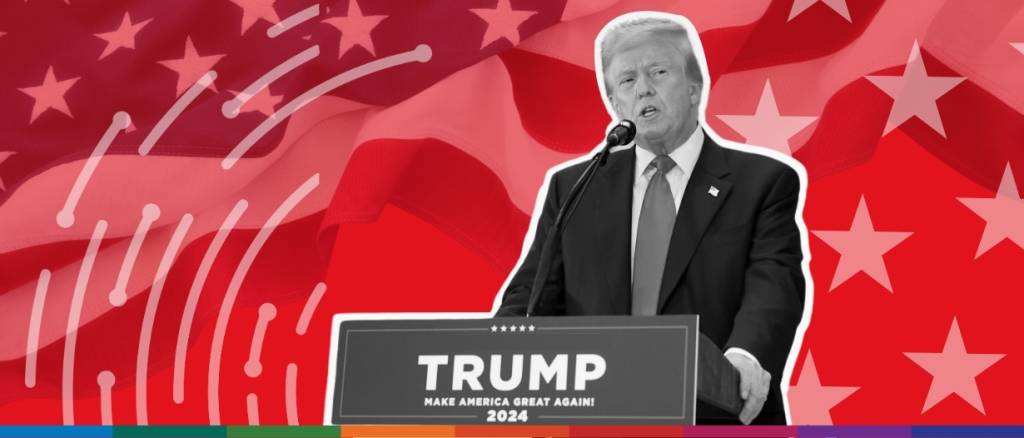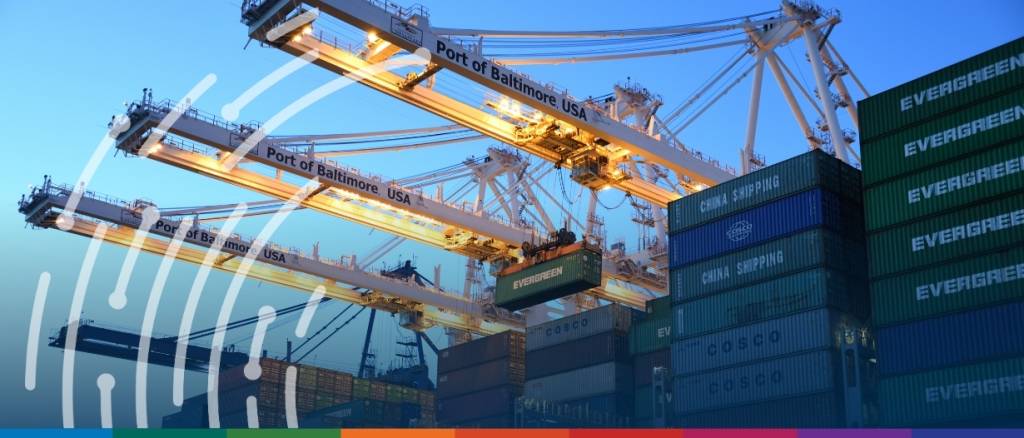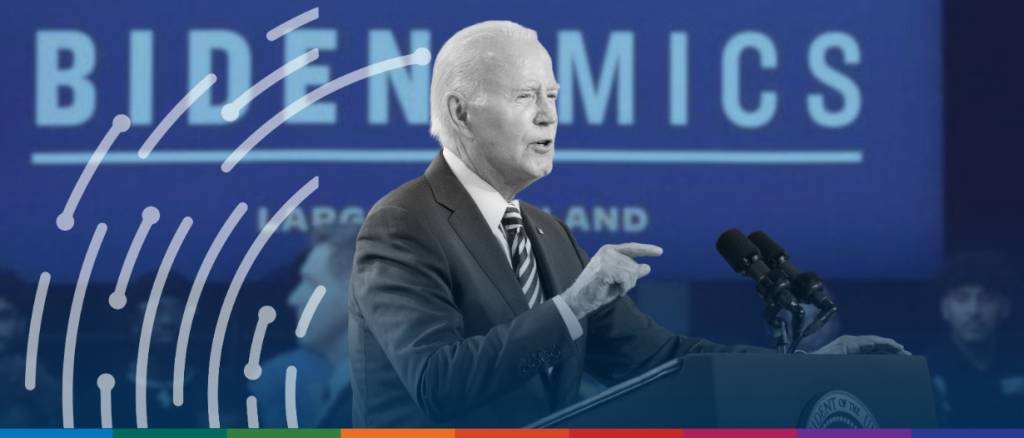The two institutions have been working together since 2013 when they signed a $75 million risk participation agreement that was extended to reach almost $400 million in total in the… read more →
Most industries worldwide are undergoing significant automation, transforming by embedding AI at various stages. Suchi Guharoy, Head of Global Solution Consulting at Surecomp, elaborated on the digitalisation of trade finance… read more →
According to exit polls, 31% of Americans cited ‘the economy’ as their biggest concern when voting – the second highest factor after 34% responding ‘state of democracy’. Trump’s popularity must,… read more →
Preparing for the future is critical in the rapidly changing insurance and reinsurance industry. That’s why the industry needs to prioritise allocating its limited resources to ensure that there is… read more →
Listen to this podcast on Spotify, Apple Podcasts, Podbean, Podtail, ListenNotes, TuneIn Grappling with new economic uncertainty, the trade credit insurance industry is in a transformative phase. The US market, in particular, presents unique opportunities and… read more →
Across the board, most industries are rushing to take advantage of digitisation and integrate artificial intelligence (AI) to improve efficiency and drive growth. In comparison, however, the uptake of digital… read more →
The budget has made headlines for its increase in National Insurance contributions, raising the minimum wage, and ending VAT exemptions for private schools. However, the fine print includes changes that… read more →
Technical Committee 68 of the International Organisation for Standardisation (ISO) for financial services standardisation created a common standard, ISO 20022, around two decades ago. This development was transformational. It was… read more →
In December 1773, a ship carrying chests of tea from England was about to dock in the Boston Harbour when it was boarded by over a hundred American Colonists protesting… read more →
2024, the year of elections, will reach its climax in one week when Americans take to the ballot box—and the economy is the biggest issue. Unsurprisingly, the electorate is concerned… read more →
























